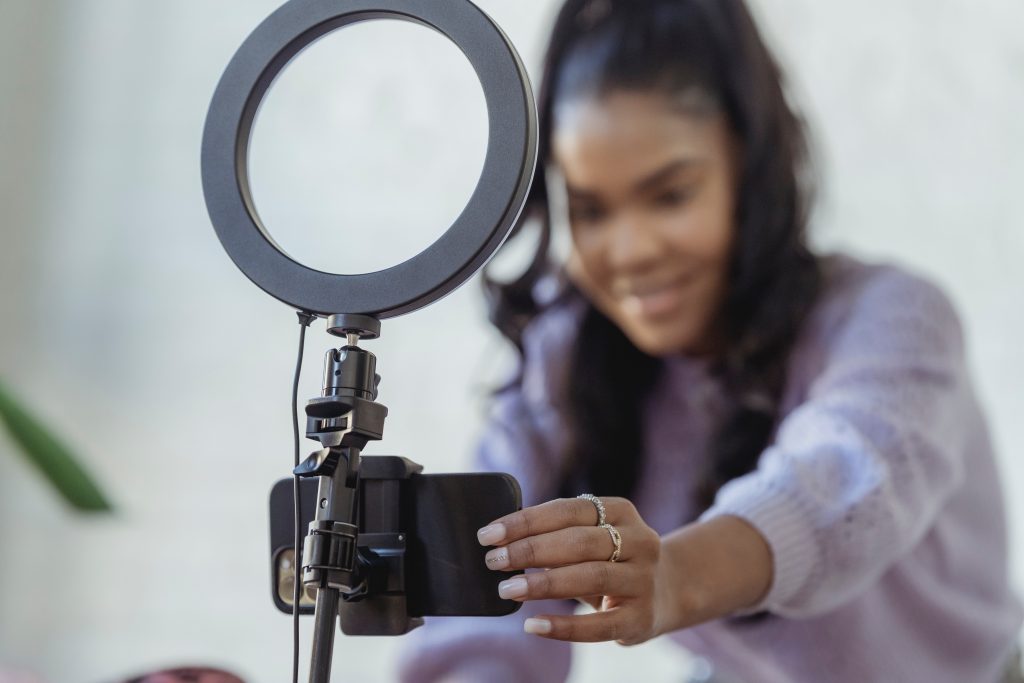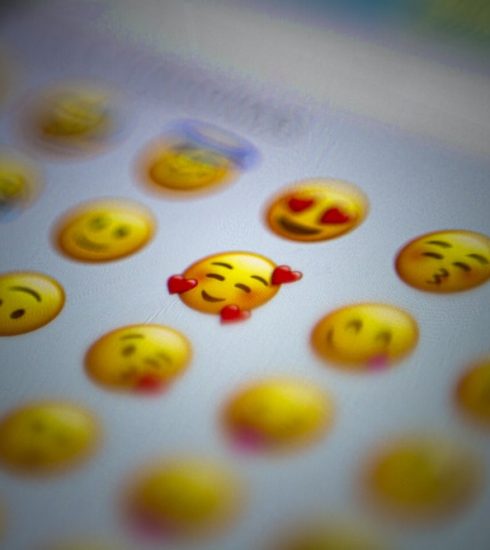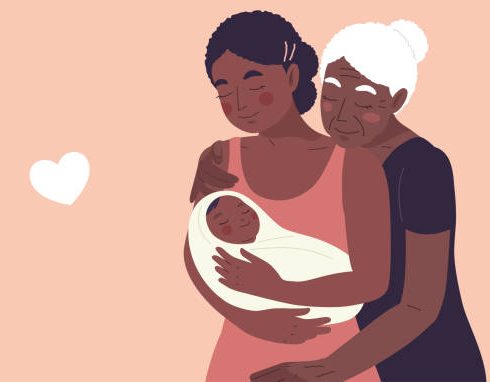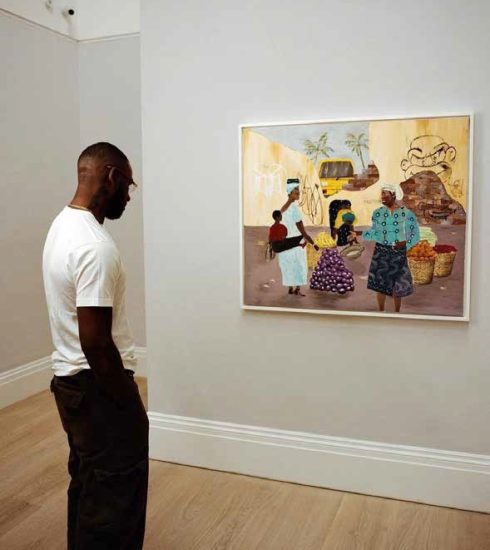The Evolution Of Social Media: From Personal Connections To Influencer Culture
The world of social media is constantly evolving, which has entangled with our reality. Social media is a term that encompasses various online platforms and tools that enable individuals and communities to create, share, and exchange information, ideas, and content. It has revolutionised the way people communicate, connect, and interact with each other on a global scale.
Social media, as a whole, has always been a topic of discussion since its evolution. Its landscape is constantly evolving, with new platforms and trends emerging regularly. It’s important to note that social media’s impact on the world is complex and multifaceted. Its effects can vary depending on the context, region, and individual experiences. Overall, social media has undeniably changed how we communicate, share information, and interact with the world.

The evolution of social media has been intriguing, altering how we network, connect, communicate, and consume content. The birth of social media was in the interest of the growth of personal connections, which has now made a rise to the influencer culture. Social media platforms have undergone significant changes, shaping our online interactions and the broader digital landscape.
Let’s explore this evolution in more detail.
1. Normalisation of influence
With the emergence of great social media platforms like YouTube and Tik Tok, anyone could become a content creator and build an audience. This marked a significant shift in the power dynamics of media, as traditional gatekeepers were bypassed. Influencers emerged as individuals who amassed large followings and could shape opinions and trends. Influencer culture became a prominent social media feature, with brands leveraging influencers’ reach and influence to promote products and services.
2. The rise of User-Generated Content
As social media evolved, platforms such as Twitter, YouTube, and Tumblr emerged, emphasising information sharing and user-generated content. Twitter introduced the concept of microblogging, enabling users to share short updates or thoughts in real time. YouTube allows anyone to create and share videos, empowering individuals to become content creators and influencers.
3. User Behaviour Modification
Issues such as misinformation, privacy concerns, cyber bullying, and the pressure to project a perfect image have emerged. Pursuing likes, followers and seeking user validation has impacted mental health, social pressure and comparison. This has created a need for digital well-being practices and more responsible use of social media platforms.

4. Impact on Marketing and Advertising
Influencer culture has transformed marketing and advertising strategies. Brands now collaborate with influencers to reach their target audiences in a more authentic and relatable way. Influencers’ ability to engage with their followers on a personal level has reshaped traditional advertising methods, with influencer partnerships becoming an integral part of many marketing campaigns.
5. Social Impact and Activism
Social media has also played a vital role in facilitating social impact and activism. Platforms like Twitter have been used as tools for political movements, social justice campaigns, and raising awareness about important issues. During the #Endsars movement in Nigeria, Twitter was one app that pushed the movement internationally! Twitter, as a whole, is one of the biggest social media platforms in the world. Hashtags and viral challenges have served as powerful vehicles for organising and mobilising communities around various causes.
6. Regulation and Privacy Concerns
The evolution of social media has brought forth challenges related to privacy, data security, and regulation. Issues such as data breaches, unauthorised data sharing, and the exploitation of personal information have raised concerns about user privacy and the ethical practices of social media platforms. Governments and regulatory bodies are grappling with the need to strike a balance between innovation, freedom of expression, and protecting user rights.
7. Emergence of Personal Connections
Social media platforms like Facebook, MySpace and Friendster initially focused on connecting individuals with their friends and family. These platforms allowed users to create profiles, share updates, and communicate with others in their network. The emphasis was on personal connections and staying in touch with people in one’s immediate circle. These platforms expanded the concept of personal connections by allowing users to connect with a broader network of friends, acquaintances, and even strangers.

As social media continues to evolve, it will likely incorporate new technologies such as augmented reality, virtual reality, and artificial intelligence, further shaping how we connect, share, and consume content online. The future of social media holds both opportunities and challenges, and it remains to be seen how it will continue to transform our digital landscape.
In summary, the evolution of social media from personal connections to influencer culture has transformed how we network, connect, communicate, share information, and interact with brands and our audience as influencers. It has given rise to various opportunities; new forms of content creation, advertising strategies, and social dynamics. However, it is crucial to navigate these platforms mindfully and be aware of the potential challenges and pitfalls that come with their widespread use.






